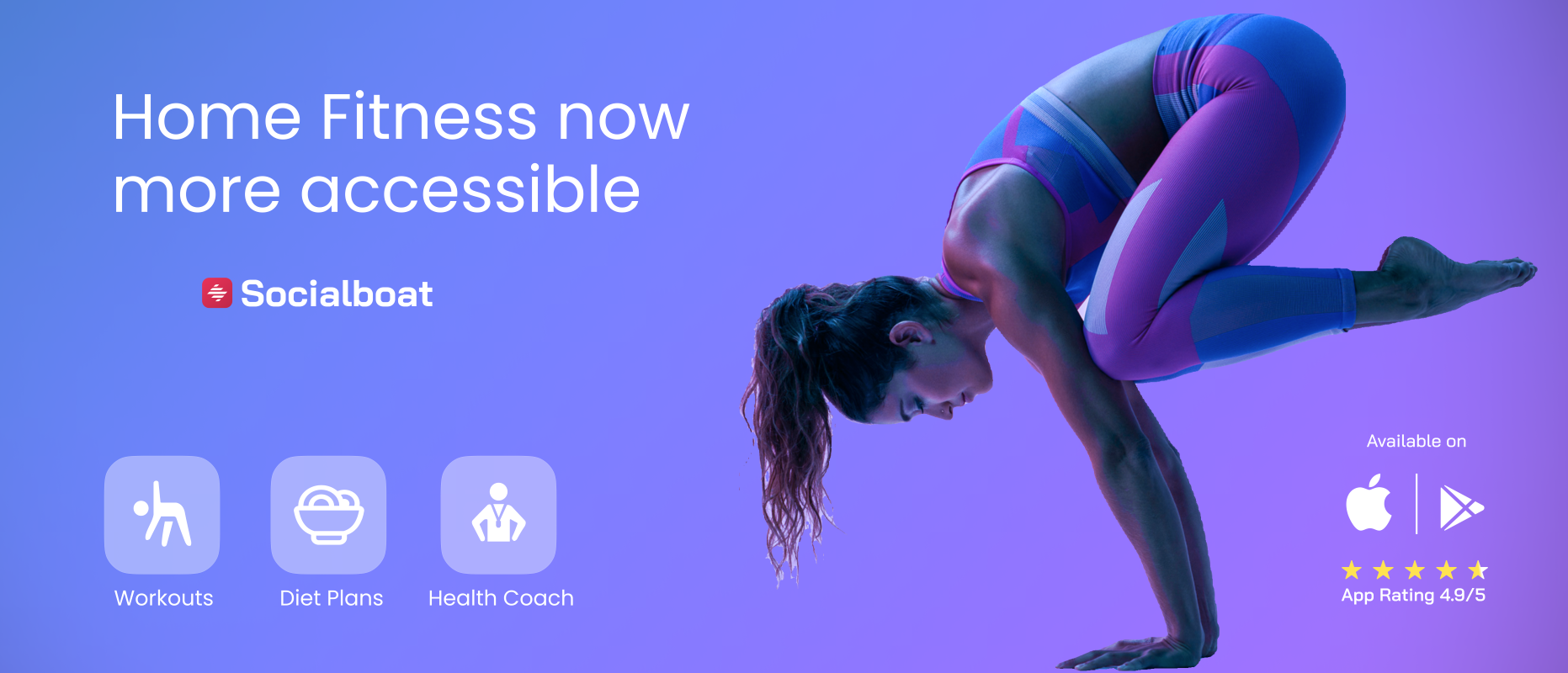Sugar Substitutes: Friend or Foe in a Woman's Weight Loss Journey?
When including sugar substitutes in a weight loss strategy, it is crucial to practice moderation and mindful consumption for optimal results.

The quest for weight loss often leads individuals to seek alternatives to sugar. Sugar substitutes, also known as artificial sweeteners or low-calorie sweeteners, have gained popularity as a way to satisfy sweet cravings without the added calories. However, the impact of sugar substitutes on a woman's weight loss journey is a topic of ongoing debate. In this article, we will explore the scientific research surrounding sugar substitutes, their effects on weight management, and their potential benefits and drawbacks for women.
Understanding Sugar Substitutes
Sugar substitutes are synthetic or natural compounds that provide a sweet taste but have fewer or no calories compared to sugar. They are widely used in various food and beverage products marketed as "diet" or "low-calorie" options. Common sugar substitutes include aspartame, sucralose, stevia, and monk fruit extract.
Examples of Sugar Substitutes:
1.Aspartame: Aspartame is a low-calorie sweetener commonly found in diet sodas, sugar-free desserts, and tabletop sweeteners. It is about 200 times sweeter than sugar.
2. Sucralose: Sucralose is another popular sugar substitute found in many processed foods, baked goods, and beverages. It is approximately 600 times sweeter than sugar.
3. Stevia: Stevia is a natural sweetener derived from the leaves of the Stevia Rebaudiana Plant. It is known for being intensely sweet, with some extracts being up to 200-300 times sweeter than sugar.
Effects of Sugar Substitutes on Weight Management
1.Caloric Intake: Sugar substitutes are virtually calorie-free or have significantly fewer calories than sugar. They can be an attractive option for reducing overall calorie intake, which is important for weight loss.
2. Sweet Cravings and Appetite: Sugar substitutes can provide sweetness without the added calories, which may help satisfy sweet cravings without derailing weight loss efforts. By reducing the consumption of high-calorie sugary foods, sugar substitutes can aid in weight management.
3. Impact on Blood Sugar Levels: Unlike sugar, most sugar substitutes do not significantly affect blood sugar levels. This makes them particularly appealing for individuals with diabetes or those aiming to stabilize blood sugar levels while trying to lose weight.
Potential Considerations and Drawbacks
1.Taste and Palatability: While sugar substitutes offer sweetness, some people may find them to have a different taste or an aftertaste. This can vary depending on the type of sugar substitute used and individual preferences.
2. Psychological Factors: The use of sugar substitutes may inadvertently reinforce a preference for sweet-tasting foods. This can potentially lead to an increased desire for sweets overall, which may affect adherence to a healthy eating plan.
3. Gut Microbiota and Metabolic Effects: Emerging research suggests that certain sugar substitutes may have effects on the gut microbiota and metabolic processes, potentially impacting weight management. However, more studies are needed to fully understand these effects and their implications.
SUMMARY
Sugar substitutes can be a helpful tool in a woman's weight loss journey, as they offer sweetness with minimal or no calories. They can help reduce overall calorie intake, satisfy sweet cravings, and maintain stable blood sugar levels. However, it is important to consider individual preferences, taste, and potential effects on gut health and metabolism. Moderation and mindful consumption are key when incorporating sugar substitutes into a weight loss plan.
Ultimately, the effectiveness and suitability of sugar substitutes in a woman's weight loss journey can vary. It is recommended to consult with a healthcare professional or registered dietitian to determine the best approach for achieving weight loss goals while considering personal preferences and overall health.
Jayti Shah is a Clinical Nutritionist with a master's degree in Clinical Nutrition and Dietetics. She is a member of the Indian Dietetic Association (IDA). Over the last 9 years, she has helped 400 clients in their clinical and weight loss journeys. She works with SocialBoat as a nutrition consultant.
At SocialBoat, we offer custom diet plans and guided workouts to help you achieve your goals in a 360-degree approach. Our gamified experience ensures that you don’t find workouts boring and we reward you for being consistent with your efforts.

REFERENCES
- Tate DF, et al. Replacing caloric beverages with water or diet beverages for weight loss in adults: Main results of the Choose Healthy Options Consciously Everyday (CHOICE) randomized clinical trial. Am J Clin Nutr. 2012;95(3):555-563.
- Sylvetsky AC, Rother KI. Trends in the consumption of low-calorie sweeteners. Physiol Behav. 2016;164(Pt B):446-450.
- Kuk JL, Brown RE. Aspartame intake is associated with greater glucose intolerance in individuals with obesity. Appl Physiol Nutr Metab. 2016;41(7):795-798.
- Pepino MY, et al. Sucralose affects glycemic and hormonal responses to an oral glucose load. Diabetes Care. 2013;36(9):2530-2535.
- Gupta P, Gupta N, Pawar AP, Birajdar SS, Natt AS, Singh HP. Role of sugar and sugar substitutes in dental caries: A review. ISRN Dent. 2013;2013:519421.
- Suez J, et al. Artificial sweeteners induce glucose intolerance by altering the gut microbiota. Nature. 2014;514(7521):181-186.
- Miller PE, Perez V. Low-calorie sweeteners and body weight and composition: A meta-analysis of randomized controlled trials and prospective cohort studies. Am J Clin Nutr. 2014;100(3):765-777.
